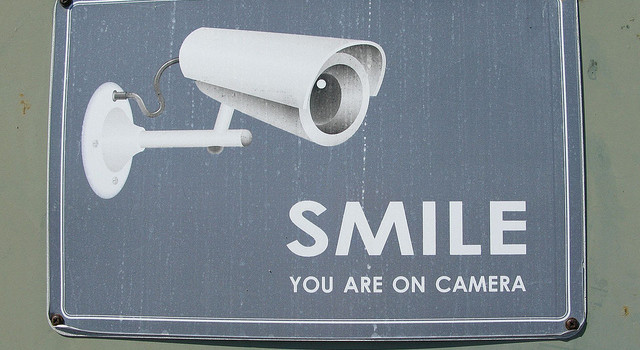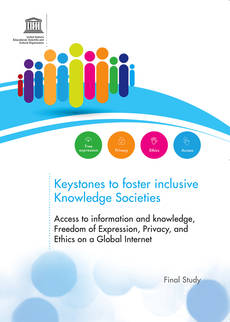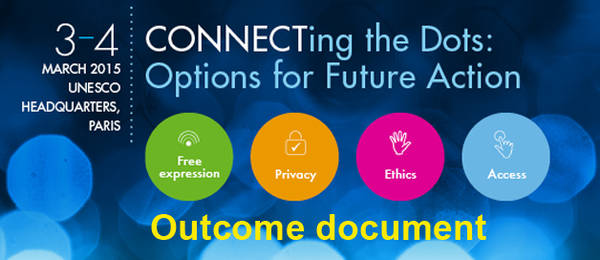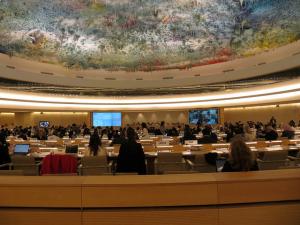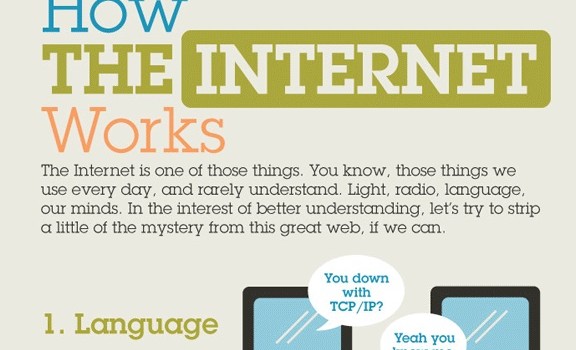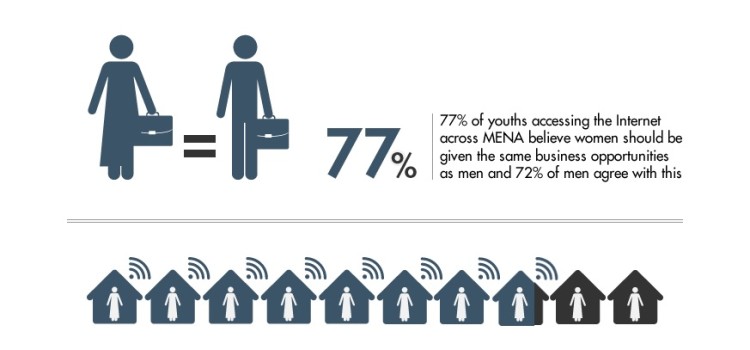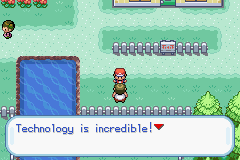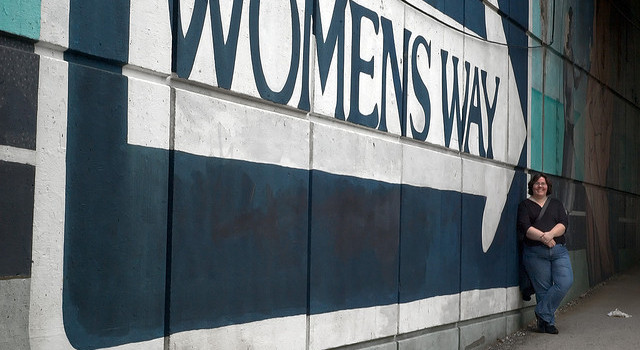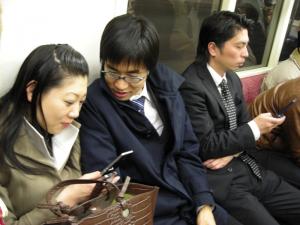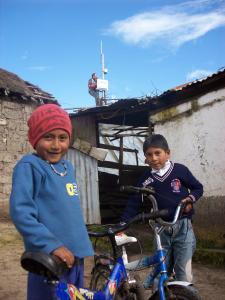7 October 2013 By Francoise Mukuku Source: GenderIT.org The second African Internet Governance Forum started in Nairobi, Kenya just a day after a terrorist attack was launched on this African country. The media reported 24 hours a day from the
Freedom of expression: Where do we set the lines
